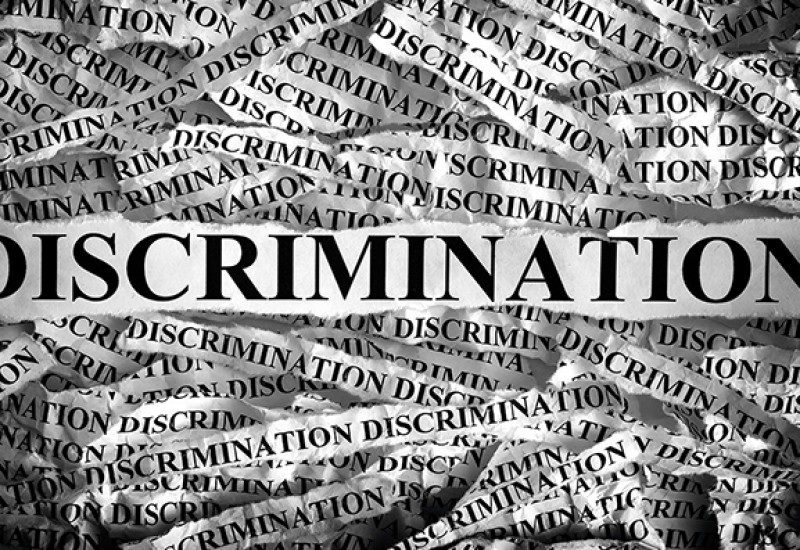
Visa Discrimination
In an era that prides itself on progress and inclusivity, a disheartening pattern of discrimination emerges from the shadows, affecting Asian gay men seeking to travel to countries like the United Kingdom, Europe, and the USA. Despite advances in LGBTQ+ rights globally, these individuals face unwarranted barriers in obtaining tourist visas, rooted in outdated stereotypes and unfounded fears.
The prevailing misconception that Asian gay men will overstay their visas and not return to their home countries is a stark reflection of old-school thinking that no longer holds water. Contrary to these assumptions, the reality for many gay men in Thailand and across Asia is one of economic stability and deep community and familial ties. These men often earn salaries well above the average in their home countries, debunking the myth that they seek financial escape to the West.
Moreover, the strong sense of belonging and responsibility towards their families and communities distinguishes them. Raised in small villages and tight-knit families, their connections to their roots run deep, making the decision to leave their home country for the West less about escape and more about exploration and personal growth.
Despite these realities, the doors to international travel remain unjustly closed for many. Embassies and consulates often reject visa applications out of baseless fears that applicants are not genuine tourists or will not return to their home countries. This blanket approach not only discriminates against individuals based on their nationality and sexual orientation but also overlooks the significant contributions and perspectives they bring to the global tapestry.
The narrative that life in Western countries is a dream come true is increasingly being challenged. Many Asians who have moved abroad in search of the life glorified in Hollywood movies find the reality quite different and often return home, disillusioned by the gap between expectation and reality. This trend of returning migrants includes highly skilled professionals and successful individuals who seek to bring their talents and experiences back to their countries of origin.
This situation calls for a critical reassessment of visa policies and the stereotypes fueling them. It highlights the need for greater empathy, understanding, and a recognition of the changing dynamics of global migration. As more individuals choose to return to their birth countries, enriching them with their diverse experiences and skills, it's time for the Western world to reflect on its assumptions and open its doors wider to the rich diversity of the global community.
Addressing this issue requires not only policy changes but a shift in societal attitudes towards immigration and diversity. As the world becomes increasingly interconnected, the strength of our global community lies in our ability to embrace diversity and foster inclusivity. By dismantling these outdated barriers, we can move towards a more equitable and vibrant world where everyone has the opportunity to explore, learn, and contribute, regardless of their nationality or sexual orientation.
-
 07/03/2024 315
07/03/2024 315 -
 07/03/2024 369
07/03/2024 369 -
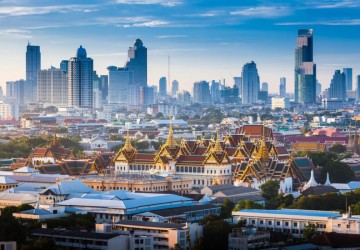 07/03/2024 415
07/03/2024 415 -
 06/16/2024 405
06/16/2024 405 -
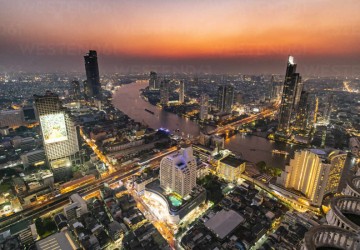 06/16/2024 370
06/16/2024 370
-
 06/10/2017 5454
06/10/2017 5454 -
 06/19/2017 4126
06/19/2017 4126 -
 10/07/2017 4084
10/07/2017 4084 -
 06/10/2017 3981
06/10/2017 3981 -
 06/28/2017 3612
06/28/2017 3612
FEATURED NEWS
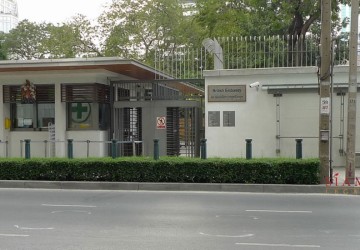
GENERAL
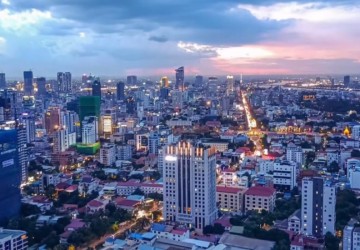
GENERAL

GENERAL

GENERAL
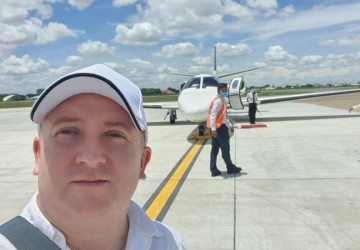




LEAVE A COMMENT